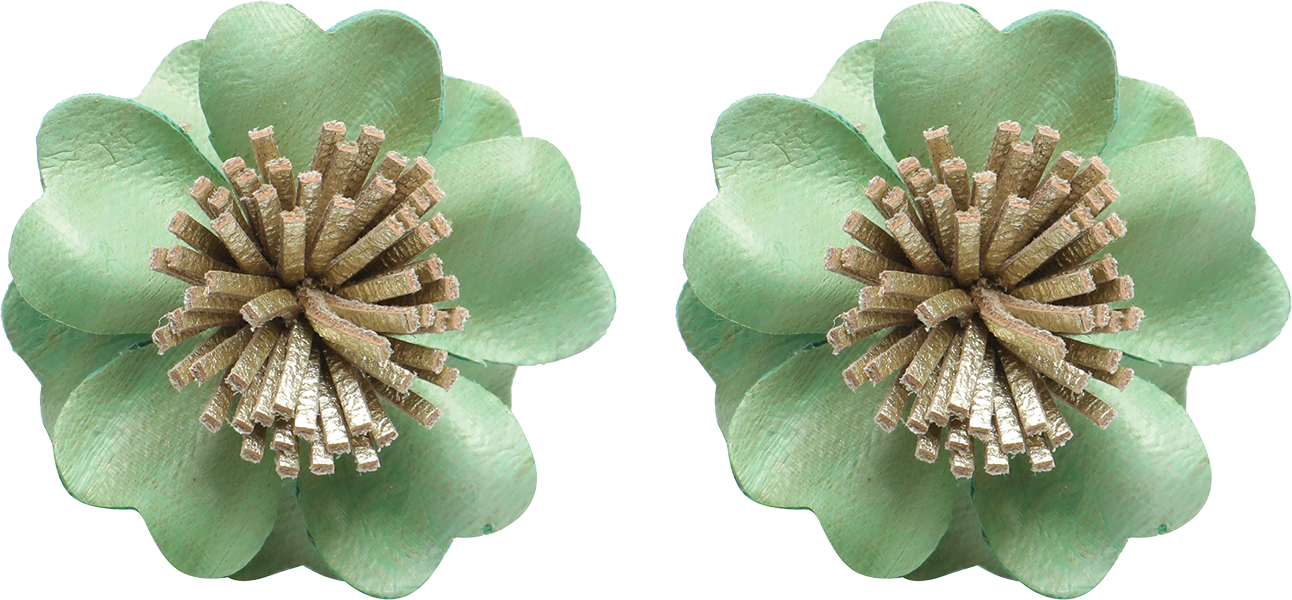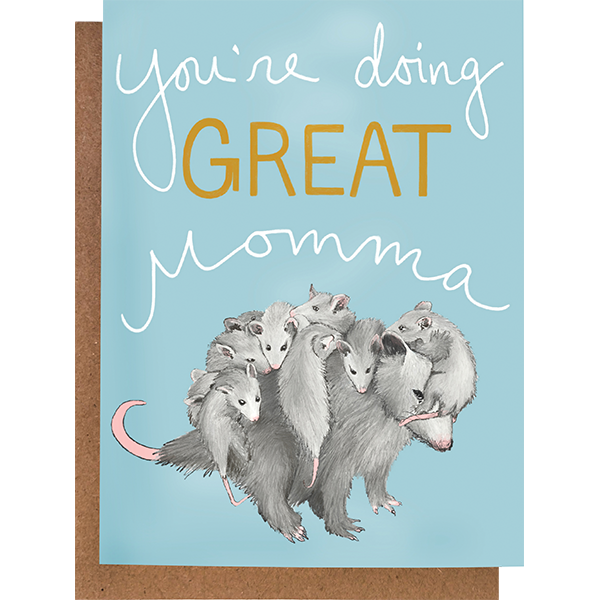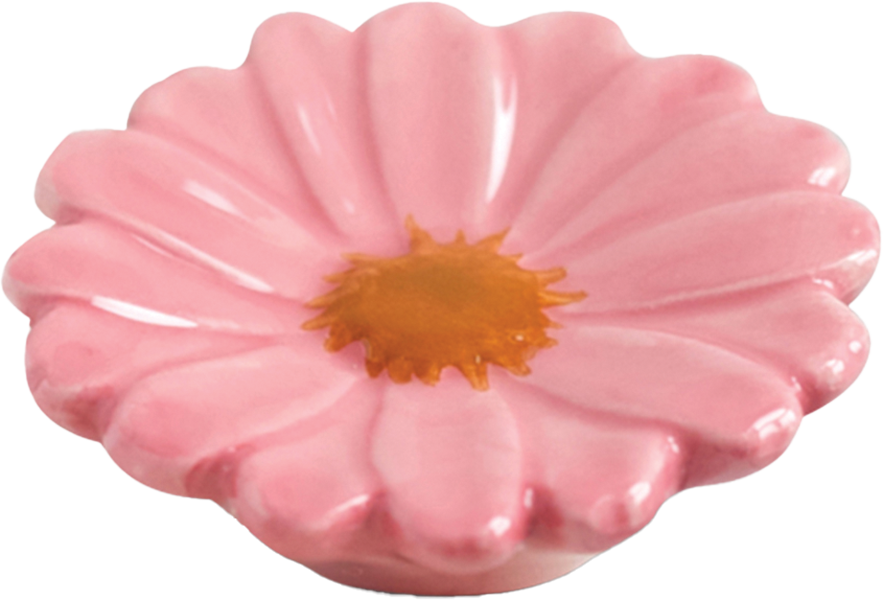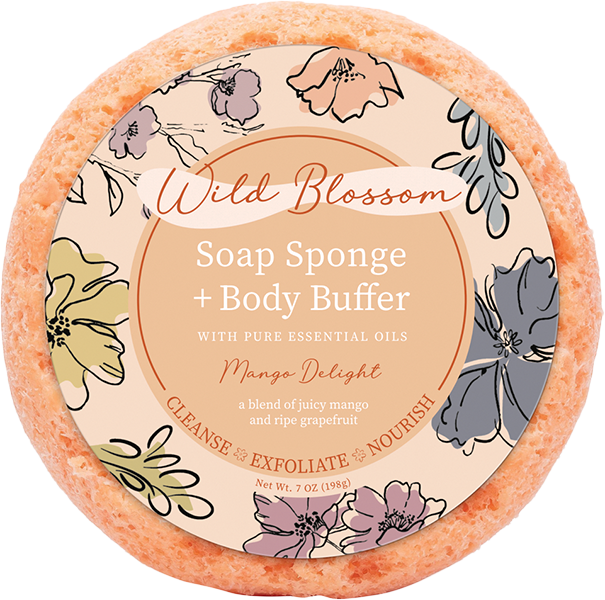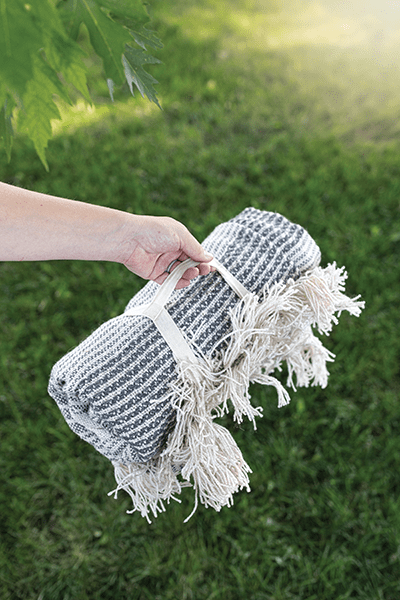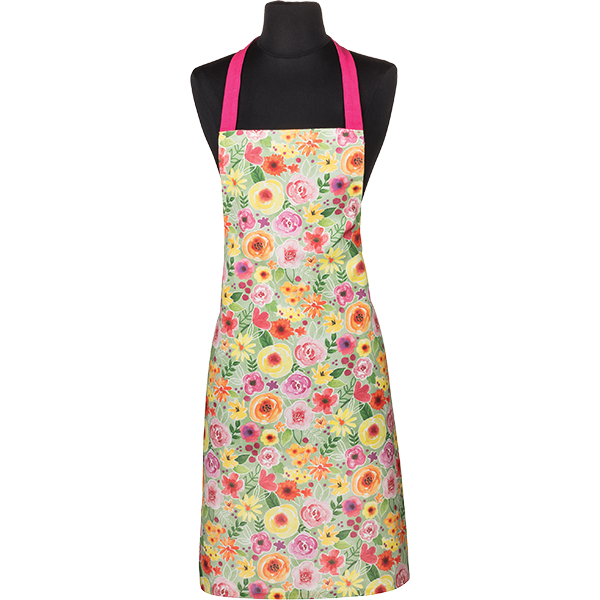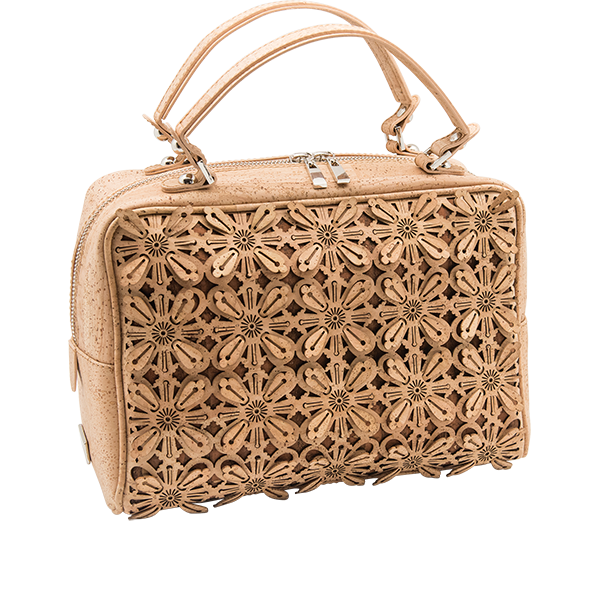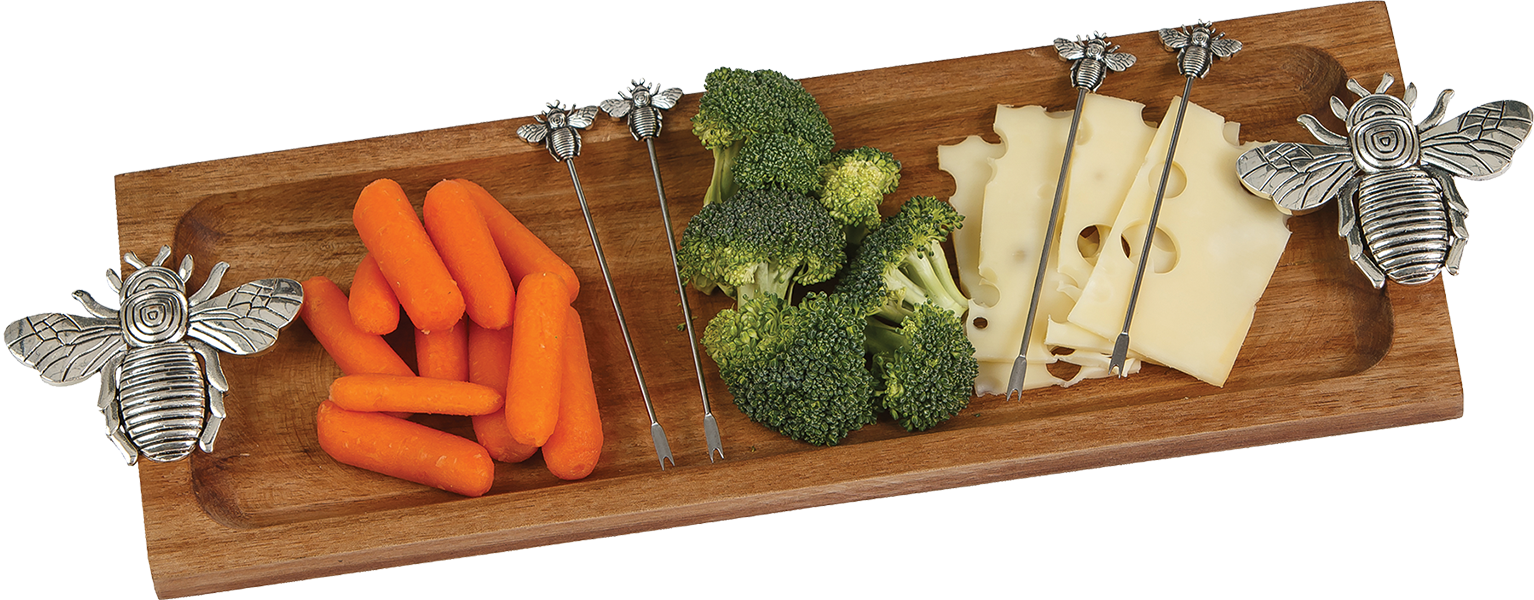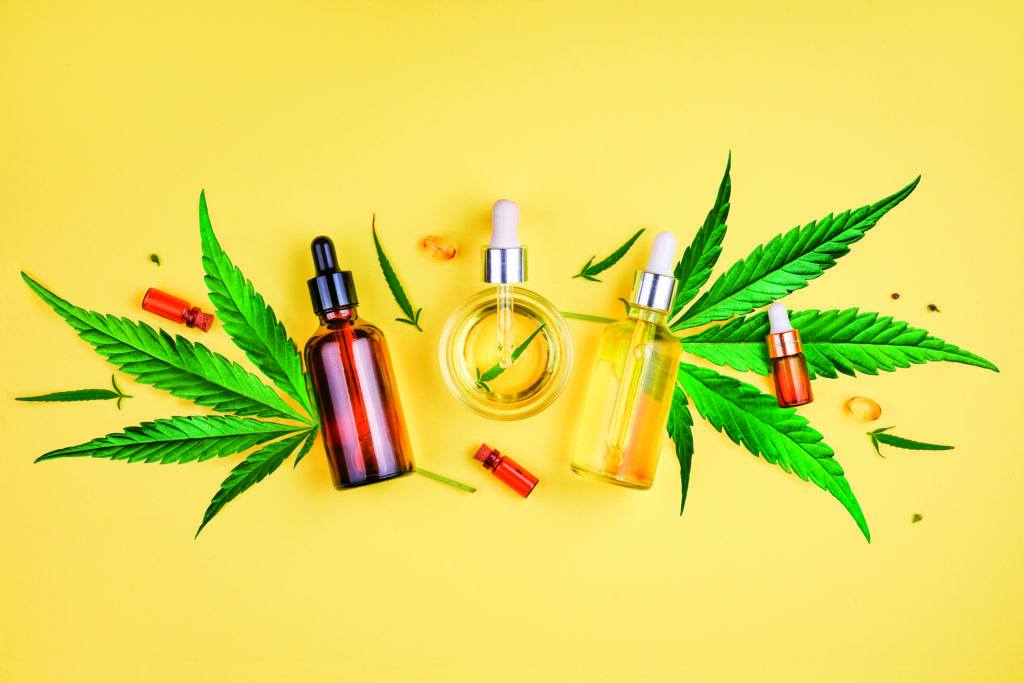
Selling CBD?
As the popularity of cannabidiol (CBD) products continues to grow, many specialty gift retailers may be wondering if that’s a market they should serve. And with a new study from BDS Analytics and Arcview Market Research suggesting that the market for these products could reach $20 billion in the next four years, CBD could be a growth area for gift shops.
The growth will be due in part to the 2018 Farm Bill which defined hemp as a “regulated agricultural crop,” that means that hemp-based products — like CBD oil — are legal within the U.S.; however, this has not made it simpler for these products to be on store shelves. The federal government defines CBD products with 0.3% or less Tetrahydrocannabinol (THC) — the part that is psychoactive — as legal within the U.S. However, some states, such as Texas, are still able to prosecute people who are in possession of the products, regardless of the progression at the federal level, which could spell trouble for retailers selling CBD in those states.
If recreational marijuana is legal in your state, it may be simpler to get started. Each state will have different regulations for businesses looking to sell CBD products, but there may be less restriction on the percentage of THC in the product, which means store owners will have more choices of products to introduce into their stores.
However, if recreational marijuana is not legal in your state, federal regulations apply. All products must be hemp-derived and 0.3% THC or less in order to be on store shelves.
For those retailers who want to explore the option of offering CBD products, there are a variety currently available on the market. CBD is available as an edible product — such as gummies, lollipops, drinks and snacks. It’s also in topical products such as lotions, creams and oils. Pet products are available that claim to help pets with arthritis.
The task isn’t easy and the stakes are still high for gift shops interested in carrying these popular products. A big issue store owners have faced is that their merchant services providers or banks are avoiding what they consider to be financially “high-risk” products. And if payment processors and banks don’t want to be involved in transactions with this product category, how can a gift shop begin to stock and sell these products?
WHAT DO GIFT SHOP OWNERS NEED TO KEEP IN MIND WHEN CONSIDERING STOCKING CBD PRODUCTS?
Besides the obvious — banks and merchant services — stores that choose to sell CBD products need to consider challenges to insurance policies, potential issues with access to capital, finding the right supplier and marketing the products once they’re on shelves.
MERCHANT SERVICES
Finding a payment processor and merchant services provider that will allow credit card transactions with CBD products is a challenge. CBD is considered “high-risk” by banks and merchant services, and some of the most popular processors — such as PayPal and Shopify — will not accept transactions including CBD.
High-risk processors are able charge excessive fees since they are accepting a higher risk of back-charging with the category of products (which also includes adult novelties, pharmaceuticals, online gambling, vapes and e-cigarettes, and much more). For this reason, CBD sellers tend to use cash only.
BANKING
Banking is also a challenge. Within states with legal recreational marijuana, it may be easier to find a state-based or community-based bank to work with, since many federal or national banks will not work with sellers of CBD. As of press, the federal legislature was working on a bill that would alleviate pressure on banks, exempting them from prosecution for working with companies buying and selling hemp-based CBD. This would mean that store owners could continue to use their existing banks without fear of being dropped as a customer with little to no notice.
ACCESS TO CAPITAL
When working on renovations or stocking new categories of products, stores may wish to access capital to expedite the updates. Even if store owners are making updates to portions of the shop that aren’t related to CBD, banks or other entities that offer capital to businesses may be reluctant to provide it due to the high-risk nature of the product.
PRODUCT LABELING AND ORIGIN
Hemp is a cousin of marijuana. The plants are used to make fabric, paper, biodegradable plastic, paint, rope and more. It can be made into food for humans or animals as well. Since it is fast-growing, it has great potential to solve raw material shortages in many industries. It also can be refined into CBD, with under 0.3% THC.
Buyers should examine claims from a CBD company carefully. If a product claims to have health benefits or to cure a disease, it may be a black market item since those with federal clearance are not allowed to market the products as having any health benefits. It is important to ensure that only legitimate products make it onto shelves — especially for the sake of insurance coverage.
INSURANCE
Some insurance providers may be reluctant to insure businesses that sell CBD. Seeking out a provider that is federally insured and which will cover a store regardless of selling CBD is necessary. Store owners should reach out to their insurance agent to verify they will have coverage once they begin selling CBD products.
MARKETING
As of Q4 2019, mainstays of marketing still will not permit paid advertising for CBD products. This includes Google Adwords and Facebook Ads. Those using paid ads on social media risk having their pages removed from the platform. The Adwords ban means that any company with CBD listed for sale on their website that utilizes Adwords, even if the page the ad directs people to does not mention CBD, could be banned from using Adwords.
It is still acceptable to post on social media about CBD products at a store, as long as the posts are not boosted or used as an ad. Before initiating new marketing or advertising about CBD products, it is imperative that store owners research the new type of advertising to ensure it won’t have negative repercussions for the shop.
BOTTOM LINE: GET CREATIVE
More than ever before, shops are getting creative to bring in new shoppers and to keep existing clientele engaged. Creative displays bring people in and help to cross-sell different types of products together.
In the same way, shop owners need to be creative in displaying, selling and marketing CBD products. Create a display with CBD products that showcases brand stories or that pairs similar products together so shoppers can compare when making buying decisions.
Since this is a huge growth category for the gift industry, keeping regulations, restrictions and displays all in mind will help shops be part of this exciting industry for years to come.
If you’re considering adding CBD products to your offerings, be sure to check your local, state and federal regulations. As always, for any questions regarding laws and compliance, please consult an attorney.
















